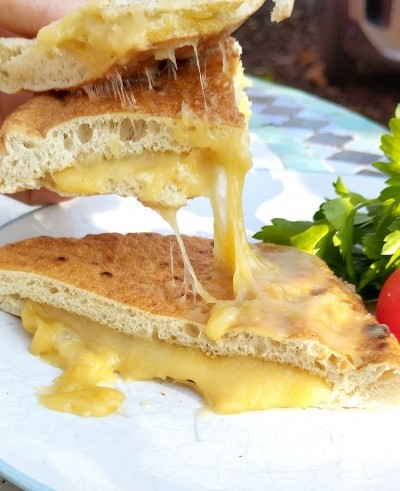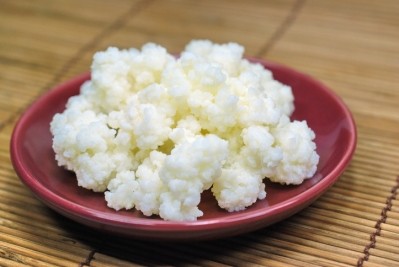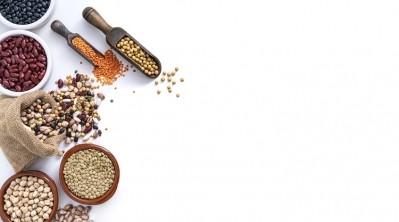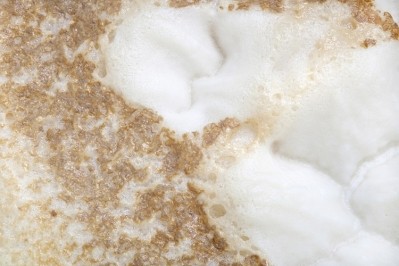‘A strong vote of confidence’: Alt protein made from spent yeast backed by Lesaffre
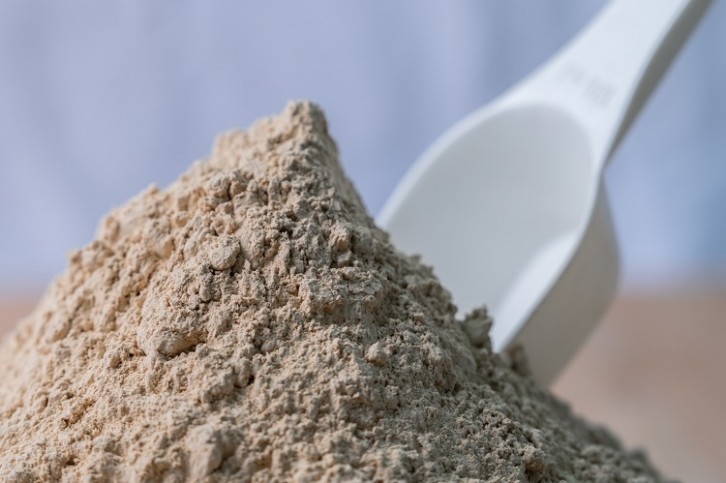
Today, French fermentation major Lesaffre is announcing its public backing of Israeli start-up Yeap, a producer of alternative protein made from spent yeast. The 10% investment will be overseen by Lesaffre subsidiary Biospringer, which supplies yeast ingredients to the food and beverage industry.
According to Yeap and Lesaffre, the duo shares a vision to make yeast a ‘key source of protein’ in the emerging plant-based protein market.
“The product under development by Yeap is a natural ingredient for our customers and has the potential to address many of the challenges facing the food industry,” said Carmen Arruda, general manager of Biospringer by Lesaffre. “With this investment, Biospringer strengthens its innovative position within this industry.”
Developing alternative protein from spent yeast
Yeast protein is considered a sustainable alternative to animal-sourced counterparts, and protein made from spent yeast even more so.
Yeap leverages raw materials from multiple waste streams of industrial processes. Founded in 2020 by Didier Toubia (CEO of cultivated meat start-up Aleph Farms) and Dominik Grabinski, Yeap is headed up by co-founder and CEO Jonathan Goshen, who told us the process is agnostic to the stream. The start-up hopes to be able to valorise any industrial yeast down streams.

To develop the protein, which Yeap has coined ‘Yeap 100’, the start-up works through a process from separation to concentration and, if required, flavour modulation. The process does not require fermentation: Yeap is using the spent yeast ‘as is’.
Yeap 100 boasts a protein content of over 70%, with ‘strong’ emulsifying, texture- and bulk-giving capabilities. “The beauty of our protein, beside being concentrated and functional, is that it fits into a wide range of applications,” Goshen told this publication.
Indeed, the concentrated protein can replace egg functionality, soy and some milk proteins in a variety of applications. In alt dairy, it can be used to produce cheeses ranging from hard to yellow, feta-like cheese and cream cheese.
Yeap 100 can also be used to make ice cream alternatives, the CEO explained. “[Yeap 100] allows the creation of a smooth, stretchy texture, and the ability to increase protein content while keeping its formation – while at the same time reducing the amount of other ingredients.”
Other categories include condiments, where Yeap 100 can serve as a 1:1 egg replacement or as protein enrichment in sauces and dips with a ‘smooth and creamy’ texture. The ingredient can also be used to replace egg or boost protein content in bakery.
Further, the start-up is targeting producers of protein bars and meat analoguse. Focus on this latter category is expected to build as Yeap expands its ingredients line with a particular focus on alt meat.
Once Yeap 100 reaches scale, the start-up will seek to commercialise its second ingredient: an alternative to texturised vegan protein (TVP). The start-up is coining its replacement TYP, or texturised yeast protein.
‘We aim to be on the market in 2024’
Although the Yeap and Lesaffre tie-up is beginning with investment, it will be followed by additional commercial activities – most notably, bringing Yeap’s functional protein to market.
By commercialising the ingredient in partnership with Lesaffre, Yeap hopes to reach a greater network of customers. The supply agreement is not exclusive, however. “We are in the middle of several other pilots with potential customers,” Goshen revealed.
As yeast is a well-known food ingredient, it is not regarded a novel food in Europe and has already received GRAS certification in the US. “We aim to be on the market during 2024, pending regulation

approval,” Goshen told us.
For Yeap, the collaboration represents a ‘strong vote of confidence’ in its technology. “As the world is facing the great challenges of climate change and scarcity of resources, we believe Yeap can be part of the solution. The investment will help us increase our capacity to innovate,” said the co-founder.
From Lesaffre’s perspective, the investment aligns with the company’s mission to provide sustainable nutrition to the masses. “Our expertise in fermentation and microorganisms enables us to innovate every day, with the support of our passionate R&D teams, and by investing in start-ups in which we believe,” said Lesaffre CEO Brice-Audren Riché.
“With Yeap, we aim to take a step further in finding solutions to the food challenges of tomorrow.”
